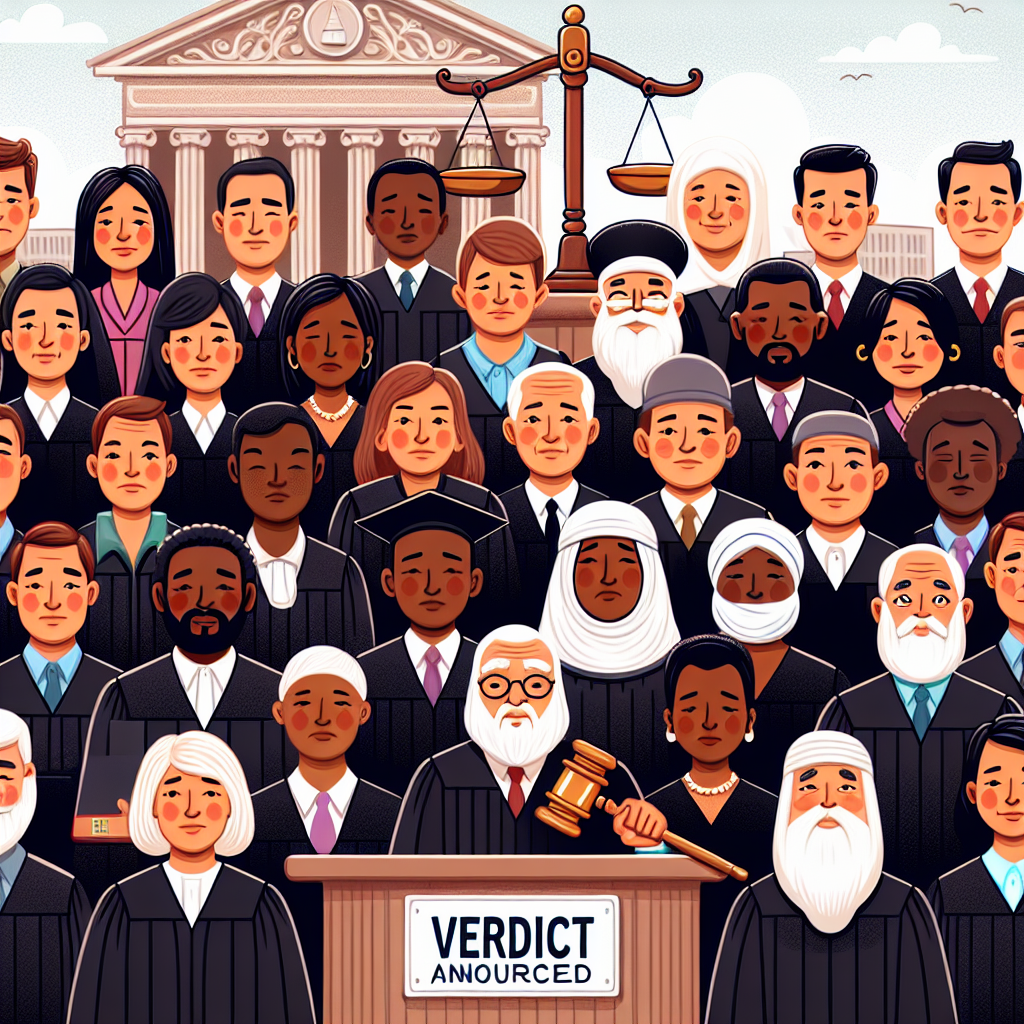Supreme Court Empowers States for SC Sub-Classifications
The Supreme Court has ruled that states can make sub-classifications within the Scheduled Castes for reservation purposes. This decision, made by a seven-judge constitution bench, overturns a 2014 verdict that held SCs as a homogeneous class. The majority opinion highlights the importance of rational principles and empirical evidence for such sub-classifications.

- Country:
- India
In a pivotal judgement delivered on Thursday, the Supreme Court affirmed that states hold the constitutional authority to create sub-classifications within the Scheduled Castes (SCs) for reservation purposes. This landmark ruling, achieved by a 6:1 majority from a seven-judge consitution bench headed by Chief Justice D Y Chandrachud, overturns the 2014 verdict of a five-judge bench in the EV Chinnaiah vs State of Andhra Pradesh case which had proscribed sub-classifications among SCs.
Chief Justice Chandrachud, elaborating on the 140-page judgement, articulated that states have the authority under Articles 15 and 16 to identify social backwardness levels and provide for specific reservations. The judgement is grounded in historical and empirical evidence highlighting the social heterogeneity within SCs, thereby allowing states to differentiate within the SC category as long as a rational principle with nexus to the purpose of sub-classification is maintained.
The ruling, documented across six judgements totaling 565 pages, was supported by Justices Manoj Misra, B R Gavai, Vikram Nath, Pankaj Mithal, and Satish Chandra Mishra, while Justice Bela M Trivedi dissented. Justice Trivedi argued that only Parliament has the authority to modify the SC list, emphasizing that states lack the legislative competence for sub-classifications. This landmark verdict underscores the nuanced approach needed for affirmative action aimed at achieving substantive equality for backward classes.
(With inputs from agencies.)










